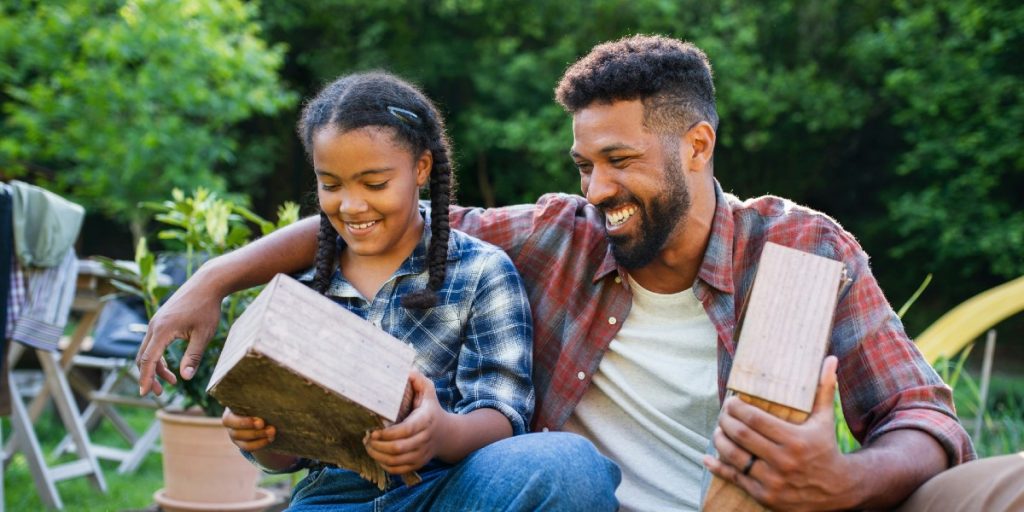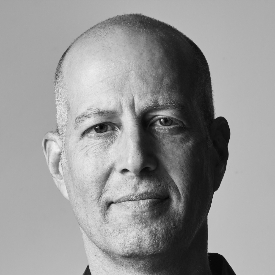Shannon Reed is a writer and professor of creative writing at the University of Pittsburgh, where she is the Director of Undergraduate Studies for the Writing Program, specializing in fiction and humor writing. Previously, she has taught preschool, middle school, and high school. Her work has been featured in The New Yorker, The Paris Review, and The Washington Post, among other publications.
Below, Shannon shares five key insights from her new book, Why We Read: On Bookworms, Libraries, and Just One More Page Before Lights Out. Listen to the audio version—read by Shannon herself—in the Next Big Idea App.

1. To feel safe.
I became a reader at the age of two. I’m hard of hearing, a condition I was born with, and from a young age, I felt a little lost in the world. Hearing impairments aren’t visible, so it was hard for people to remember I had one. Accommodations were rarely made for me, and I often missed what was being said. Many of my teachers didn’t understand how to help. Sometimes, people would repeat if I asked, but often, they didn’t.
I felt perpetually behind in life, but when I was reading, I felt safe. Reading is quiet, clear, and organized. It’s not hard. It waits until I am ready, pauses when I need a break, and is happy to repeat. Reading absolutely never says, “Just forget it,” when I need clarification. It doesn’t care how I pronounce the words in my head (or aloud, for that matter). It never makes me feel worse and rarely makes me feel lonely. Reading gives me the world. We read because reading is a safe place, for me and many others.
2. Because we had to.
In school, I was what my students call a total try-hard. My tombstone might someday say, “She read every page.” But when I was a senior in college, in a fit of senioritis, I put off reading a book for my Astronomy 101 class until around 8 PM on the night a paper about it was due by midnight. I remember calling my mom and wailing to her that even I didn’t know how to get a book read (and a paper written) that quickly. She wearily advised me to skim, summarize, and generally stop freaking out about a class that I cared so little for that I often called it Astrology 101. I took her advice, and the paper got a B (which is funny if you know that the title of my first book was Why Did I Get a B?).
“Something about the act of assigning a book makes it a chore, and that ruins the fun.”
Why is assigned reading so disliked? I hated it as a student and now begrudgingly assign reading as a professor. Something about the act of assigning a book makes it a chore, and that ruins the fun. It’s hard even to remember that those high school classics, like The Great Gatsby, existed long before they became part of a curriculum. They were once books that people read without a test at the end.
I honestly don’t think assigned reading can be completely saved. It’s always going to be a hard lift to enjoy something you have to read. But it is good to read outside of our own interests by learning about new authors and the worlds they’ve created in their novels. These days, I even sometimes assign myself reading, which I recommend. Picking up a classic you never got to, or a book that’s out of your comfort zone, can be rewarding and far less fraught than when you were getting tested on it in school.
3. To know you’re not alone.
One of my high school students, Carla, was frustrated one day because she couldn’t find a particular book in our school library. I asked her why she didn’t look for it at the public library and found out that she didn’t know the public library was free. If you stop to think about it, it is a little unbelievable that all library resources cost us nothing. Needless to say, Carla was thrilled. She shot out of my classroom to the nearest library in a flash. The next day, she showed me all of the many books she had checked out. When I complimented her on the selection, she said, “Oh, Ms. Reed. All of my best friends are at the library.”
It was then that I realized Carla didn’t just like reading: she needed books. They reflected and taught her about her community and identity as a queer woman of color in a way no one and nothing else in her life could. They showed her worlds and lives she hadn’t encountered. They gave her friends. They showed her she wasn’t alone. Books can do the same for all of us.
4. Because you have to teach a course about vampires.
This one is a little silly, but to be honest, I read a bunch of books about vampires because I was assigned to teach a course called Vampire! Blood and Empire! at the University of Pittsburgh. It was an exciting opportunity, except I am a total scaredy-cat and genuinely had trouble reading the literature I was supposed to teach.
I was dragging my feet about it until one student told me she was scared of vampires and blood. I questioned why she was taking the course, but eventually, I realized she was trying to be brave. Once I saw that, I wanted to be brave with her. In the end, we both made it through the course, even if she had to (as I suggested) do some of the reading in broad daylight in a crowded café with music blasting through her headphones.
“Whatever gets you to say yes to reading… do that.”
Reading is a way to be brave. I’ve seen that with my students, whether it was my high school girls connecting with Jane Eyre or my creative writing students getting totally into George Saunders’ masterpiece of a historical novel, Lincoln in the Bardo, despite its challenges. Working with my students and literature has made me braver; reading can do the same for you.
5. We’re all good readers.
As a professional book person, I get asked all kinds of questions about how to be a good reader: Is it okay to dog-ear books? Is it okay to listen to audiobooks? Is it okay to not finish a book? Can I read young adult fantasy novels even though I’m 50, or cozy mysteries even if I’m a man, or Amish romance books even if I’ve never been near a horse? Can I reread the same five books in a cycle for comfort?
The answer to all of these is yes—unless the book you want to dog-ear is a library book, then don’t. But otherwise, yes. Yes to reading an e-book, and yes to insisting on paper. Yes to used books, and yes to brand-new hardbacks. Yes to reading books marketed for older or younger people or with a different identity. Yes to bookmarks, and to underlining books you own, and to reading half a book, stopping, then coming back a year later and finishing. Yes to trashy books. Yes to books written for scholars. Yes to reading the 82nd book by an author who writes the same plot over and over. Yes to taking a crack at Ulysses or Infinite Jest. Whatever gets you to say yes to reading… do that.
Reading has brought me so much pleasure that I can’t help but want you to feel that joy, too.
To listen to the audio version read by author Shannon Reed, download the Next Big Idea App today:






























